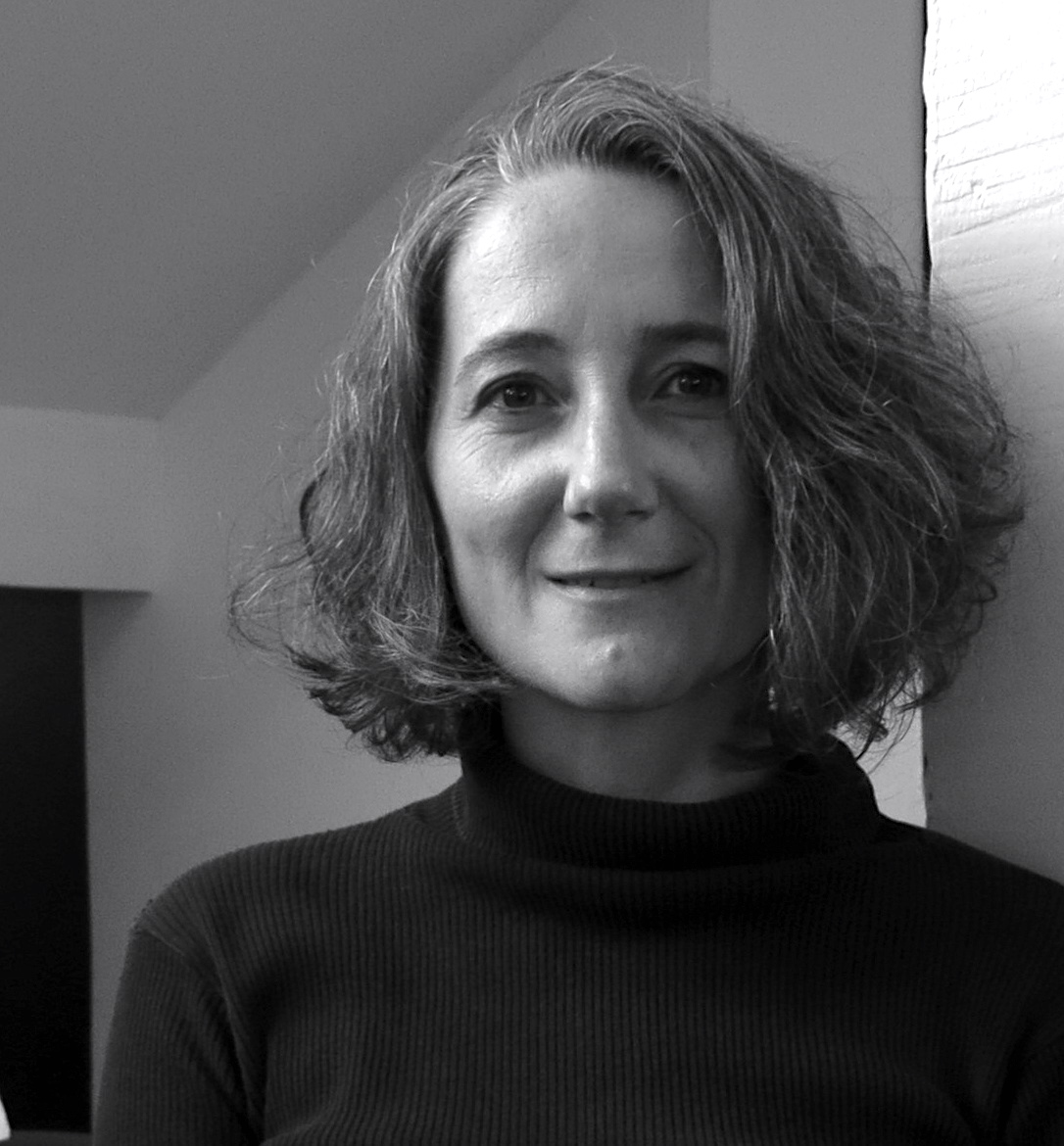TEAM
CHIARA PUSSETTI (PRINCIPAL INVESTIGATOR)
Chiara Pussetti (PhD in Cultural Anthropology, University of Turin, Italy, 2003) has lectured at graduate and post-graduate levels in Italy, Portugal, and Brazil. She has published extensively in the subjects of Anthropology of Body and Emotions, Medical Anthropology, and Migration Studies. She has conducted extensive fieldwork on body and emotions, health, poverty, risk and security in Guinea Bissau, Portugal, Brazil. She is currently reflecting on ethnography as a possible ground for art production. Her work, as anthropologist, artist and curator undermines the conventional categorical distinction between ethnography and art, causing interferences in the established circuits of academia and in those of contemporary art. She is presently member of Board of Directors of the EBANOCollective and Associate Researcher of the Institute of Social Sciences of the University of Lisbon.
ANTÓNIO BARBOSA (CO-PI)
Full Professor of Psychiatry, Director of the University Clinic of Psychiatry and Medical Psychology and Director of the Bioethics Center/Palliative Care Academic Unit/Academic Unit for Grief Studies, Coordinator of the Master courses on Palliative Care and Psychopathology of the Faculty of Medicine of the University of Lisbon. Coodinator of the Liaison Psychiatry Department in the Lisbon North University Hospital Centre. Past-President of the International College of Psychosomatic Medicine and Past-Vice-President of Session on Psychosomatic Liaison and Psychiatry of the European Psychiatrist Association. President of the Portuguese Society of Psycho-Oncology and of the Portuguese Society of Studies and Intervention in Grief.
FRANCESCA DE LUCA
Francesca De Luca is an anthropologist researching body-making at the intersection with politics, sexuality, reproduction and medical archives. She lives in Portugal and her doctoral dissertation focuses on how the pangs of birth have affected and affect the constitution of maternal bodies, obstetrics and politics. She is a member of EBANO collective, pursuing ethnographic-based artistic practices and actively collaborating in artistic and transdisciplinary projects.
OLIVIA BINA
Principal Researcher at the Institute of Social Sciences University of Lisbon, and Adjunct Assistant Professor at the Department of Geography and Resource Management, Chinese University of Hong Kong; degree in Political Sciences (Statale di Milano), Masters in Environment and Development and PhD in Geography (University of Cambridge). Her research focuses on change and sustainable futures, on the critique of “green” growth and the limits to growth, on connectedness between humans and nature, and notions of scarcity. The general idea is to assist in efforts towards progress, beyond traditional notions of economic growth, towards a better future for all life on our Planet.
MIGUEL BARBOSA
Developmental and clinical psychologist, and psychotherapist. Phd in Psychology at Faculty of Psychology of the University of Lisbon. Master in Psychology (ISPA), Sociology of Health and Illness (ISCTE), Social and Cultural Anthropology (ICS-UL), and Bioethics (FML). Invited Assistant Professor at the Faculty of Medicine of the University of Lisbon. Researcher of the Education and Human Development Group of the CESEM of the NOVA FCSH, investigating processes of reception and social interaction in the field of art for babies. Researcher in the Project EXCEL - The Pursuit of Excellence. Biotechnologies, enhancement and body capital in Portugal, studying cognitive enhancement in academic contexts.
ISABEL PIRES
Isabel Pires is an anthropologist (FCSH-UNL), with a Master in Migrations, Inter-Ethnic and Transnationalism (FCSH-UNL). Graduated also in nursing (ESEP), she worked in dermatology and plastic surgery for 12 years, before joining the EXCEL project and dedicating herself to the task of Ethnic Cosmetic Practices And Colonial Legacy.
Furthermore, she currently dedicates her time between research in migrant health projects (Aga Khan Foundation) and her PhD project (FCT grant) on Chinese female bodies and the aesthetic changes in search of a modern ideal.
maria concetta lo bosco
Maria Concetta Lo Bosco (Phd Lisbon 2018) is currently Project Manager of the ERC project The Colour of Labour at the Institute of Social Sciences of the University of Lisbon. As an anthropologist, she has explored parents' care experiences with children diagnosed with ASDs (autism spectrum disorders), their daily advocacy practices and actions, as well as the use of online support groups and social network as a tool to promote and protect disabled people's rights (PhD Lisbon 2018). She has also investigated the use of psychodrugs in autistic children as well as of non-human artifacts as relational facilitators, and explored notions of enhancement for both dis-abled and non-dis-abled subjectivities. Her previous researches cover topics such as scientific knowledge‘s production of medical categories as well as HIV prevention policies among marginalized female populations.
LAVÍNIA PEREIRA
I am a Research Fellow at Institute of Social Sciences - University of Lisbon (ICS-UL), with a degree in Philosophy (University of Lisbon, 2004) and a PhD in Contemporary Philosophy (University of Lisbon, 2017). In 2016 I integrated the research group ‘Environment, Territory and Society’ at ICS where I’ve been conducting research in three main interdisciplinary fields: ‘Age of Humans and Nature’ (AoHN), developing an interdisciplinary inquiry into the changing Humans-Nature relationships (HNR) in the ‘Anthropocene’; ‘Technological Urban Imaginaries in social-scientific literature and speculative fiction’, exploring alternative futures towards sustainability and well-being in the city; and ‘The Future of University: as if sustainability mattered’, understanding how Higher Education Institutions can be agents of change towards more sustainable futures
CRISTIANA BASTOS
Cristiana Bastos (PhD CUNY, 1996) is an anthropologist and a permanent researcher at the Institute of Social Sciences, University of Lisbon, who has taught in different graduate programs in Portugal, Brazil and the United States. Her interests lie at the intersections of society, knowledge and power, and most of her work –which recently addressed Portuguese colonialism through its health institutions -- is at the confluence of anthropology, history and science studies. She is the author of Global Responses to AIDS- science in emergency (Indiana University Press, 1999) and a number of articles on topics of colonialism, medicine and displacement in Análise Social, Etnográfica, História Ciências Saúde- Manguinhos, Journal of Romance Studies, Journal of Southern African Studies, International Migration, Bulletin of the History of Medicine, Horizontes Antropológicos, Anuário Antiopológico. Recent edited volumes include “Parts of Asia” (special issue of Portuguese Literary and Cultural Studies, 2010), “Healing Holidays” (special issue of Anthropology and Medicine, 2011), A Circulação do Conhecimento- medicina, redes e impérios (Imprensa de Ciências Sociais- Online), and Clinica, Arte e Sociedade – a sífilis no hospital do Desterro e na saúde pública (Imprensa de Ciências Sociais, 2011).
CLARA SARAIVA
Clara Saraiva is a senior researcher at Centre for Comparative Studies, University of Lisbon. Her main fields of research deal with religion and death rituals, drawing especially on transnational religions and migration. She is President of the Association of Portuguese Anthropology (APA), a board member of the World Council of Anthropological Associations (WCAA), and former Vice-president of the Society for International Ethnology and Folklore (SIEF).
federica manfredi
After a Master Degree in Cultural Anthropology at the University of Turin, Federica Manfredi started her militant approach to anthropology in Switzerland working for the visibility of local farmers, the defense of women and children rights and the prevention of suicides. Upon return to Italy she received a post-master degree in Migration and Psychopathology developing a research on meanings associated to death. In 2014 she published her first monograph “I volti celati di Civitavecchia” about the trance experienced by penitents during Holy Friday and, between two kids, she was awarded a grant for her doctoral project on body suspensions in contemporary Europe.
STEERING COMMITTEE
ALBINO OLIVEIRA-MAIA
(MD, CHAMPALIMAUD FOUNDATION)
jonathan xavier inda
(professor, university of illinois, urbana-champaign)
ALEXANDER EDMOND
(UNIVERSITY OF EDINBURGH)
INSTITUTIONS
PROMOTOR
The Institute of Social Sciences of the University of Lisbon is an internationally renowned multidisciplinary university institution that produces knowledge concerning individuals and the societies that they have succeeded in creating and whose operation is guided by scientific and ethical principles as well as by the idea of social responsibility.
CO-PROMOTOR
The Faculty of Medicine of the University of Lisbon is a Higher Education Institution whose scientific roots go back to the pioneers of Scientific Medicine in Portugal, to the contributions of Egas Moniz, Nobel Prize in Medicine-1949, and other founders of the Portuguese Angiography School and of those who introduced therapeutic and surgical innovations within the scope of vascular diseases, a period that corresponded to the heyday of scientific contributions from Portuguese Medicine and that stands as a source of inspiration for all.
















